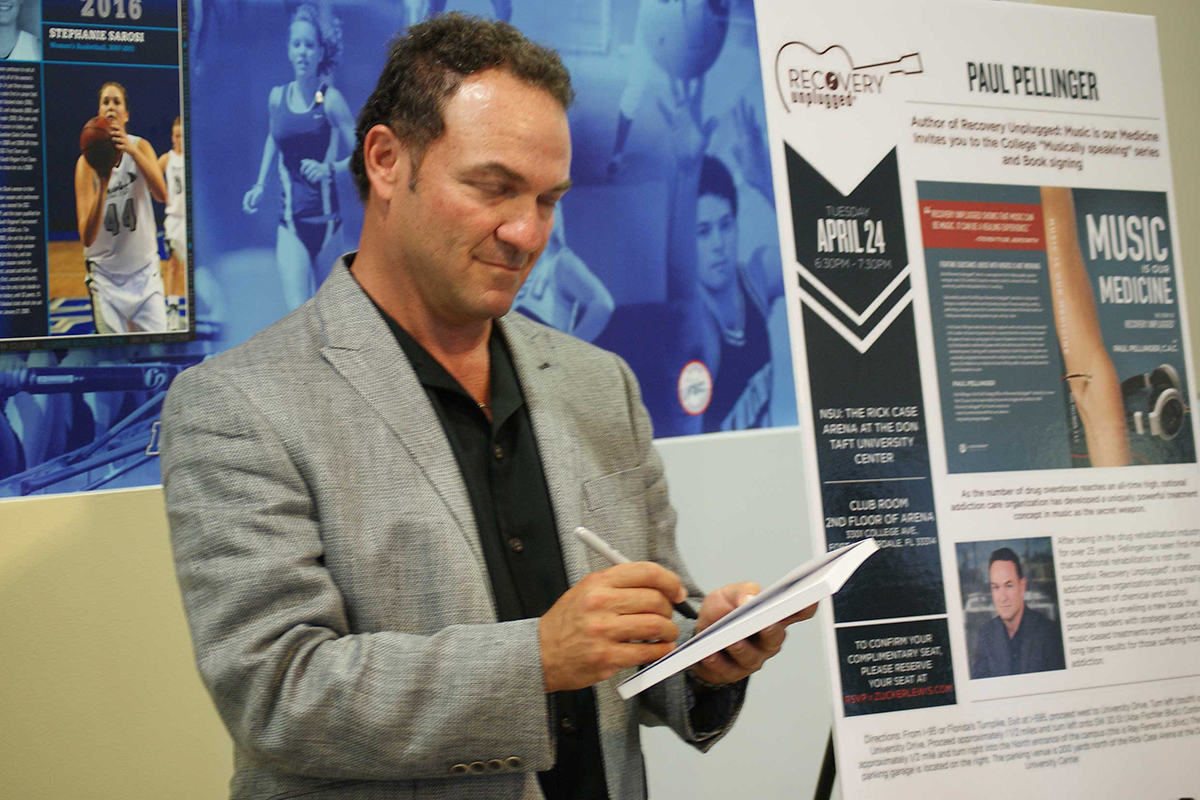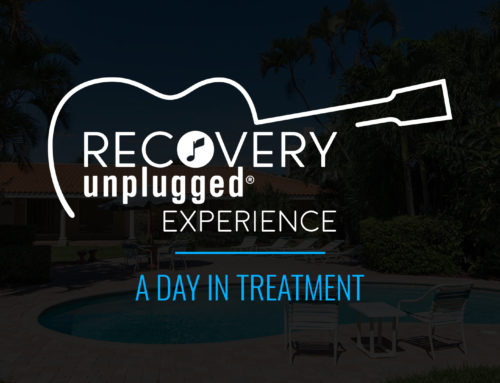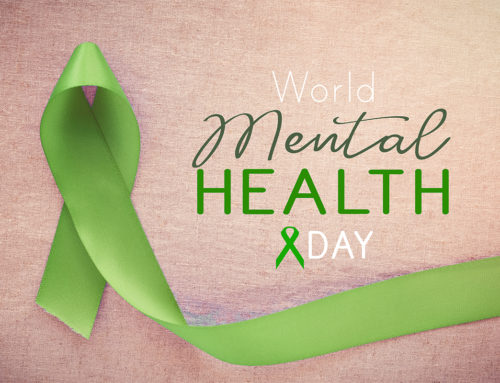Tomorrow millions of Americans will sit down to dinner with their families in observance of another Thanksgiving holiday. Many of these families will have at least one loved one who is in recovery, making the day even more special.
The reality is that the concept of “thankfulness” and gratitude carries a little more weight for families who have dealt with addiction and recovery. In what can be safely described as a literal life-or-death situation, the stakes of substance use disorder force everyone that it touches to reevaluate their priorities and take stock of what is really important in life.
I was told over 30 years ago that “a grateful addict will never use”, and I’d be remiss if I didn’t point out the profound role that thankfulness plays in immediate and long-term recovery.
Getting and Staying There: Maintaining Consistent Thankfulness
Staying grateful despite the curveballs that life throws at us allows us to appreciate the present and what we have. Gratitude can also be an effective tool to gauge where a person is in their recovery, and an effective barometer for their overall mental health; why stay clean and sober if you’re anxious or miserable? Practicing gratitude in everyday life, and recognizing our good fortune, represents a state of contentment in recovery, rather than grudging or reluctant abstinence, and stops us from becoming “dry drunks”.
It can be difficult, however, to maintain thankfulness throughout our day-to-day lives. Nobody, whether they’re in recovery or not, can consistently rely on their own thoughts to keep them grateful. This is why we need something extra; a kind of “Simon Says” trigger to put us in a grateful state of mind. Using our favorite songs to trigger gratitude is one of the fastest ways to get there.
It also helps to recognize people who are worse off than us to remember everything we have. Think of the classic quote: “I cried because I had no shoes until I saw the man that had no feet.” We can leverage this gratitude to help others, not unlike the evolution of our roles at recovery meetings.
What’re You Thankful For?
In my decades in the addiction treatment industry, I’ve seen clients who find gratitude in all types of things. The most common causes of gratitude that I’ve observed are family, friends, nature and other things bigger than ourselves. There is, however, something to be said for recognizing the everyday things that make life worth living, like music.
In addition to being a nice little familiar part of our day, music can become a spiritual trainer that reminds us to stay thankful– I’m not saying Pilates is not good, but let’s just say it’s usually easier to hit PLAY. Try creating your own playlist that reminds you of how beautiful life can be—a sort of soundtrack of gratitude.
Gratitude: The Ultimate Relapse-Prevention Tool
Not only can gratitude help us stay centered and emotionally healthy in everyday life, it can also help us maintain long-term sobriety and avoid relapse. When we learn how to be consistently be grateful;, it not only offsets relapse, but makes recovery more of a pay-off than getting high. When we think about how much we have to lose, and the second chance we’ve been given in recovery, it can further insulate us from a set-back. In a situation that is literally often a matter of simple momentary choice, gratitude can be the ultimate weapon against our decision to start using again.
This Thanksgiving, as you look across the table at your loved one, or you look in the mirror at yourself, take a moment to recognize how much better things have gotten. Whether you’ve been given another chance in recovery, or you got your loved one back from addiction, there’s plenty of gratitude to go around—let’s just hope it fits on the table with all the food. Happy Thanksgiving.







